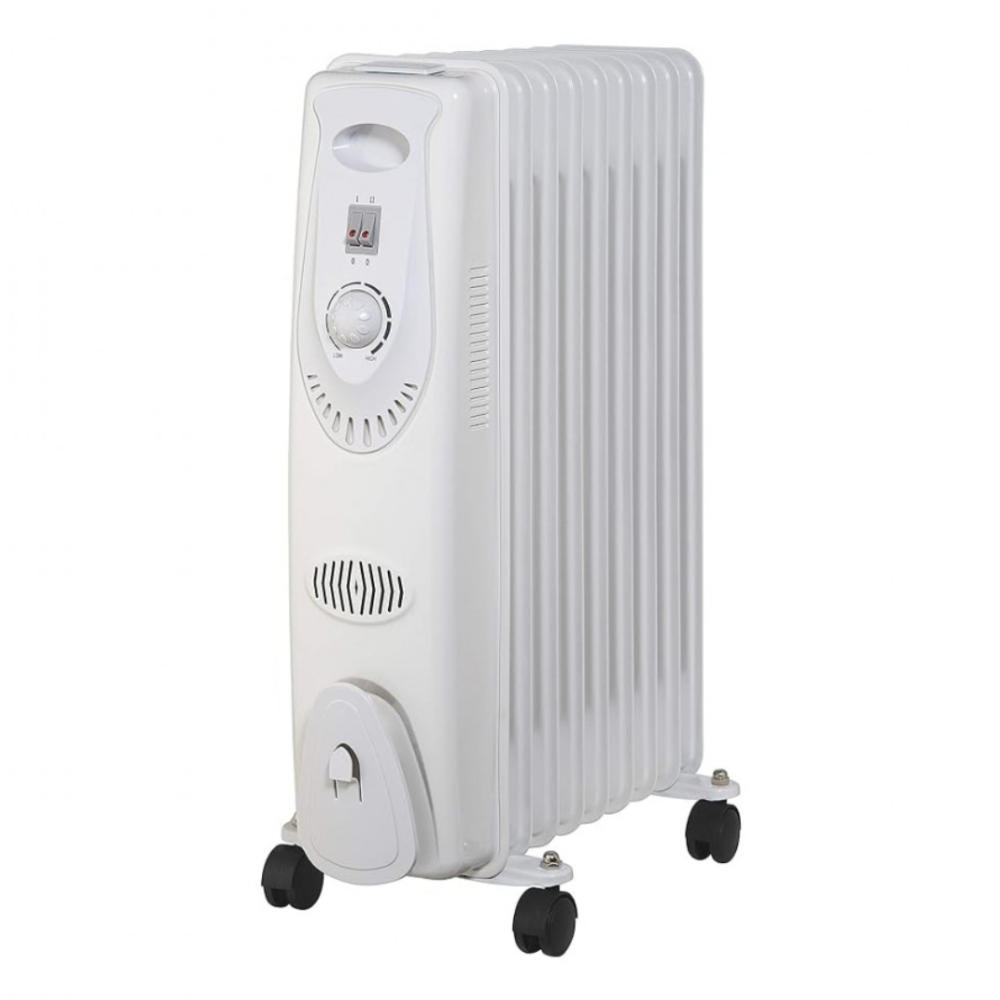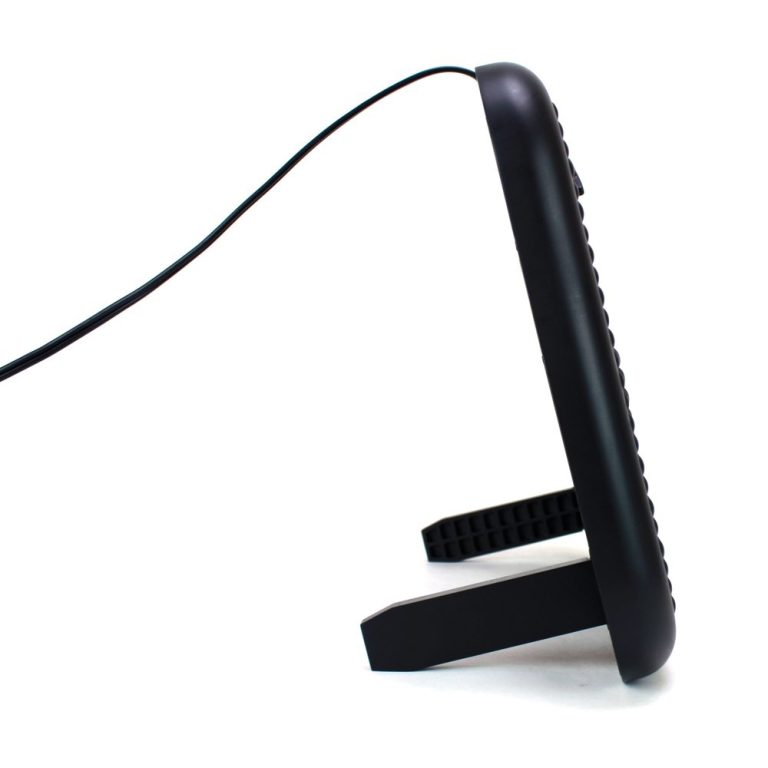When winter rolls in, staying warm becomes a priority for homeowners and renters alike. Two popular heating systems come into play: oil heater vs electric heater. Each has its distinct advantages and drawbacks, and energy efficiency is often a significant deciding factor. In this article, we’ll compare these oil heater vs electric heater options in terms of efficiency, cost, environmental impact, and user experience to help you make an informed decision about the best heating solution for your space.
Understanding Oil Heaters
How They Work
Oil heaters, also known as oil-filled radiators, are a popular choice for space heating. They function by heating oil contained within the unit, which then radiates heat into the surrounding environment. The oil never needs to be replaced, and these heaters have a great ability to retain heat even after they’ve been turned off. This “heat retention” capability not only helps in maintaining a consistent temperature but also reduces the frequency at which the heater needs to run.
Temperature Regulation and Comfort
Oil heaters provide a soft and steady warmth that many users find comforting. Unlike conventional electric heaters that can quickly heat a room but may also cool down rapidly, oil heaters maintain warmth for a more extended period. Many oil heaters come equipped with thermostats and timers, allowing for customized temperature settings. This feature ensures efficiency, as the heater will only operate when necessary, providing a more comfortable indoor environment and potentially reducing energy consumption.
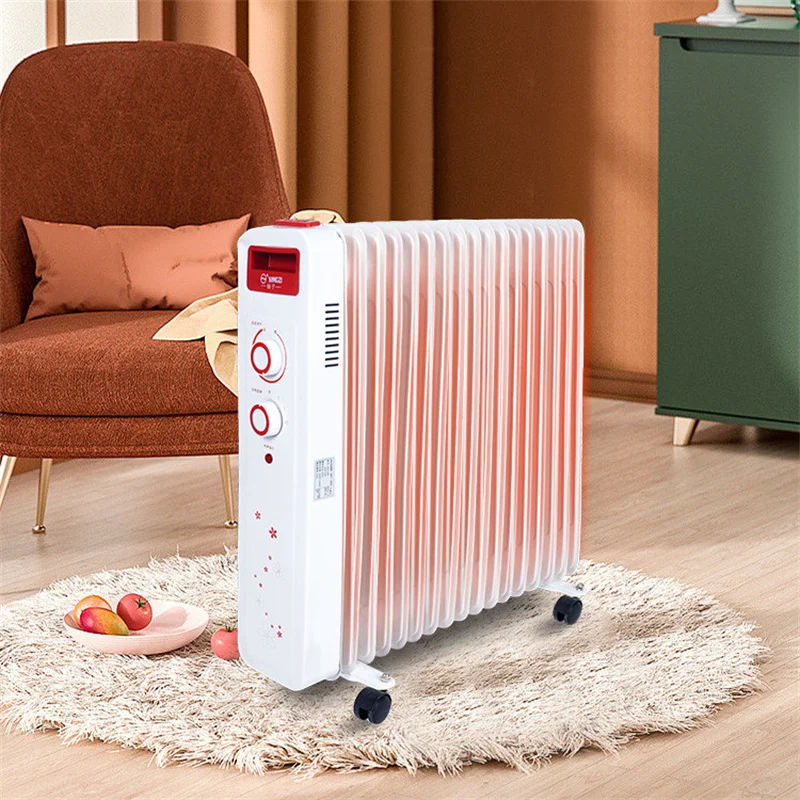
The Benefits of Electric Heaters
Instant Heat Generation
Electric heaters are known for their quick heating capabilities. With the flip of a switch, these units can raise the room temperature almost instantly. They operate either as radiant heaters, which directly warm the objects and people in a room, or as convection heaters, which heat the air and circulate it. For scenarios where immediate warmth is desired, electric heaters are often preferred due to their rapid response time.
Energy Efficiency Ratings
Most electric heaters have high energy efficiency ratings. They convert almost all the energy they consume into heat, making them a practical choice for short-term heating needs. Many modern electric heaters use advanced technology, such as heat pumps, which can extract heat from the environment to warm a space. This feature can lead to substantial energy savings in the long run, especially in climates that don’t experience extreme cold.
Cost Considerations
Initial Investment and Installation
When comparing oil heaters and electric heaters, the initial cost can vary widely. Generally, electric heaters tend to be less expensive upfront, with many models available for under $100. In contrast, oil heaters can cost a bit more, often falling between $100 to $200 for quality models. Keep in mind that both options typically require minimal installation—electric heaters often just need a power outlet, while oil heaters are usually portable and can be moved easily from room to room.
Ongoing Operational Costs
While the initial investment is important, ongoing operational costs warrant careful consideration. Oil heater operational costs include not just the price of electricity to operate the unit, but also potential heating oil costs, if applicable. However, many oil heaters are designed to be energy-efficient, allowing them to provide heat for extended periods with relatively low operating costs. On the other hand, electric heaters can often be more affordable to run in the short term, but their energy costs can add up, especially if used consistently over long periods.
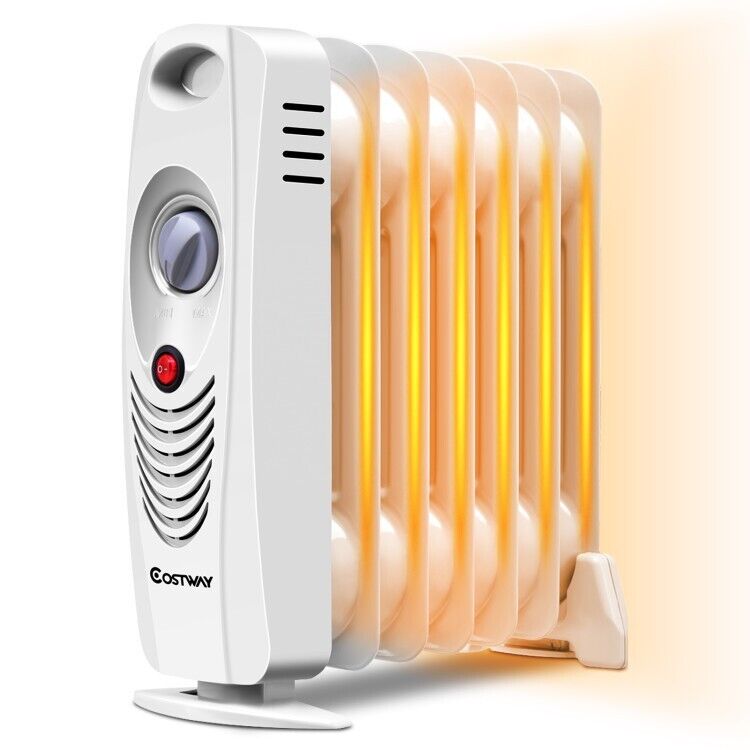
Environmental Impact
Emissions and Sustainability
When evaluating the environmental impact, the source of energy plays a significant role. Oil heaters rely on fossil fuels, which contribute to greenhouse gas emissions. This factor makes them less environmentally friendly than electric heaters when using electricity from renewable resources. If you are concerned about climate change and energy sustainability, it’s vital to consider the clean energy sources available in your area when using electric heaters.
Energy Source Variability
Electric heaters can potentially be powered by renewable energy sources, such as solar or wind power. By using clean energy, electric heaters significantly reduce their carbon footprint, making them a more sustainable option. In comparison, oil heaters have limited flexibility in this regard, as they will always rely on fossil fuels. If sustainability and environmental impact are of utmost importance to you, electric heating solutions may offer a more eco-friendly option.
Safety and Maintenance
Safety Features
The safety should never be overlooked when choosing a heating solution. Both oil and electric heaters have safety features designed to protect users. For oil heaters, overheat protection and tip-over shut-off mechanisms are standard, which ensures that the heater automatically turns off if it gets too hot or if it is accidentally knocked over.
Maintenance Requirements
In terms of maintenance, electric heaters generally require less effort. Typically, they only need occasional dusting to ensure optimal performance. Oil heaters, while low maintenance, may require additional care to check for leaks or rust over time. Since they contain oil, it’s crucial to monitor any signs of wear and tear. Although oil heaters are generally quite durable, checking seals and ensuring that the oil doesn’t need attention can enhance longevity and safety.
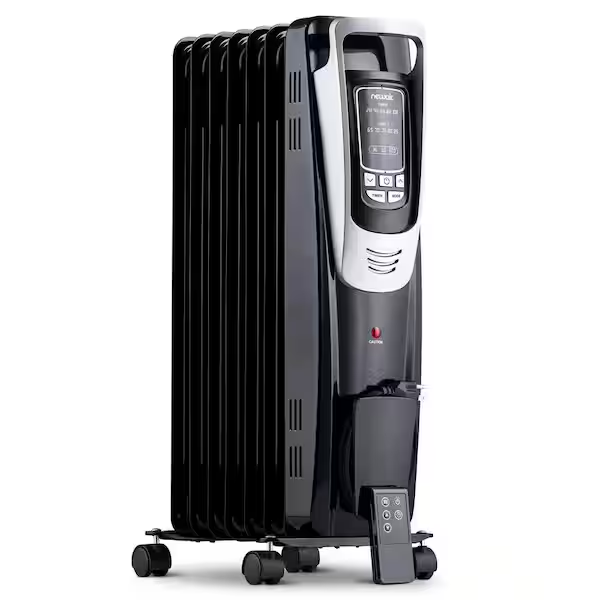
User Experience and Comfort
Heating Comfort
User satisfaction often comes down to comfort levels. Many people find that oil heaters provide a softer, more even heat that enhances indoor comfort, particularly for long periods. The heat radiates gradually, making it feel cozy without the dry air that electric heaters can sometimes produce. This might make oil heaters a preferred option for bedrooms or long-term living spaces.
Portability and Convenience
Electric heaters often offer more portability, especially if you’re using smaller units or space heaters. Some models come with wheels or lightweight designs that allow users to move them easily. Oil heaters can be heavier, making them less portable in some instances. However, their ability to retain heat for longer periods means they effectively warm a room, making the need for constant mobility less critical.
Making Your Decision
Evaluating Your Needs
Choosing between an oil heater and an electric heater ultimately comes down to your specific heating needs. Consider how much space you need to heat, your budget, and your energy preferences. If you seek quick heating for short bursts, an electric heater may suit you best. Conversely, if you want prolonged warmth with steady heat retention, consider an oil heater.
Balancing Efficiency with Comfort
While energy efficiency remains a key factor in your decision-making process, comfort should not be sacrificed. Striking the right balance between the two aspects will enhance your overall experience during the colder months. Analyze your lifestyle, typical heating needs, and even aesthetic preferences as you weigh your options.
Conclusion
In the energy efficiency showdown between oil heater vs electric heater, both options have compelling features and benefits. Electric heaters offer cost-effective, immediate heat through high efficiency and low maintenance. In contrast, oil heaters provide lasting warmth and a cozy ambiance that many prefer.
Ultimately, the best heating solution for you depends on your specific needs, budget, and values. Whether you prioritize eco-friendliness and cost savings or comfort and prolonged heat, understanding the strengths and weaknesses of each option will allow you to choose the most efficient and suitable heating solution for your home. Make an informed decision, and ensure that your winter months are warm, cozy, and energy-efficient.
